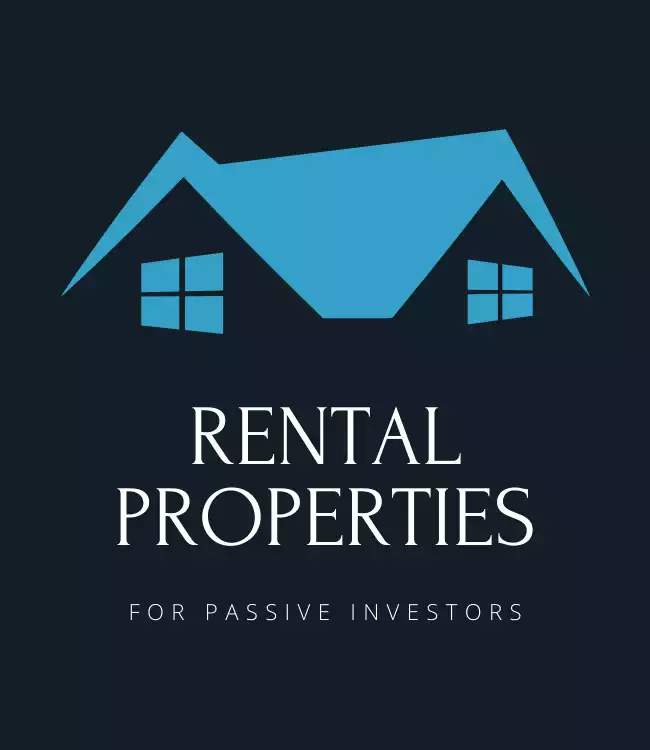Owning rental property doesn’t have to mean being a hands-on landlord. What you need to know when choosing the best rental property management company.
If you’ve been an LMM listener for awhile, you know that
Why You Need a Property Management Company
Passive income isn’t passive if you have to work for it. If you are getting calls about broken air conditioners and chasing raccoons out of chimneys in the middle of the night, that isn’t passive. Hiring a property management company also lets you invest in far-flung locations.
If you live in New York City, you may not be able to afford a local
Staying on top of landlord-tenant laws can be a job in itself, especially if you have rentals in more than one location. A property management company takes care of that for you.
Evicting a tenant is the worst-case scenario for a landlord. It can get ugly and messy, especially if you don’t know what you’re doing. Your management company can handle the thorny issue with minimal involvement from you.
If you don’t hire a management company, you may have to become an employer; hiring a resident manager, a maintenance person, landscaper, etc. Suddenly, you’re dealing with payroll and taxes and a lot of other issues you hadn’t bargained for.
How to Find a Good Property Manager
A full-service property management company does pretty much everything. They handle the up-front work of making a home tenant ready, market the property, the details of the lease between the owner and the renter, are on call for emergencies, handle repairs, collect rent, and if the owner decides to sell, the company can handle that too.
Roofstock has a very thorough vetting process their local managers must pass. The most important qualifications are responsiveness and transparency.
They get referrals from people in the local real estate community, schedule phone interviews where they are asked a series of questions about their background and experience, their due diligence documents are reviewed, a market visit is arranged, and the local manager signs an agreement.
The local managers whom Roofstock work with are certified, licensed, and bonded in their local area. If your manager is not living up to their duties, Roofstock can step in to mediate and even fire and replace that manager for you if it’s required.
What should you ask of when you’re interviewing management companies? Know exactly what services are offered. You don’t want to find out that you have to handle evictions, especially if you are an absentee landlord.
What are the fees?
On average, you can expect to pay between 8-12% of the monthly rent. What is included in that percentage? How is the property marketed to tenants? How long are their average vacancies? What is the screening process for tenants?
How is rent collected? The answer will determine how quickly you get paid. What is required if you wish to terminate your contract with that company?
Our proven, data-driven approach to building a portfolio of income-producing rental properties that perform in the long-term.
Your Level of Involvement
How much you want to be involved in the management of your property is up to you. Some people want to know every time a light bulb is changed; some only ask to be notified if a repair costs more than $X, some are happy just to receive their tax statement at the end of the year.
You don’t have to know anything about owning a home or the area where your home is. If you’ve lived in Miami your whole life, you don’t know what kind of winter preparation and maintenance of a house in Chicago will require. The local manager knows the area and takes care of that for you.
Hiring a property management company separates investing from operations.
How to Know if You’re Getting Screwed
If you get a call from your property manager that a tree has fallen on the property and they need to hire someone to remove it, how do you know if it happened? And if the manager tells you it will cost $400 to remove, how do you know the real cost isn’t $200, and they are keeping that extra money, your money, for themselves?
This is why Roofstock’s vetting process is so important. Remember, the two most important traits of a good manager are transparency and responsiveness. You should get photos of any damage, see written estimates for the repairs, and receive an itemized statement once the repairs are completed.
If you think your manager is inflating costs, you can contact Roofstock. They have a lot of data on the average costs of typical repairs you might incur as a
Our Course Shows You Everything You Need To Know
If you want a low level of involvement, Andrew and Laura used a turnkey strategy to generate passive income, which they detail in their course, Rental Properties for Passive Investors here.



